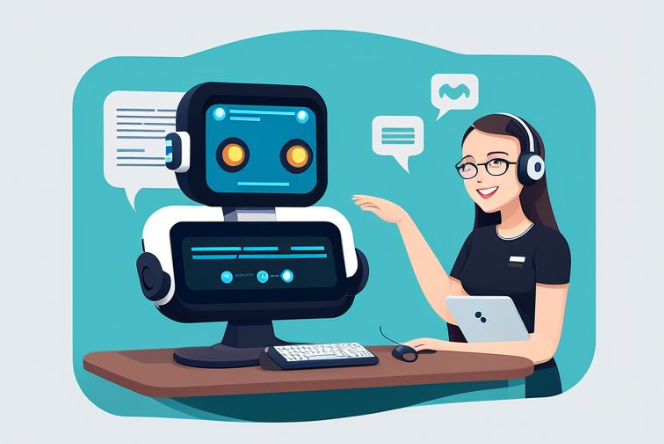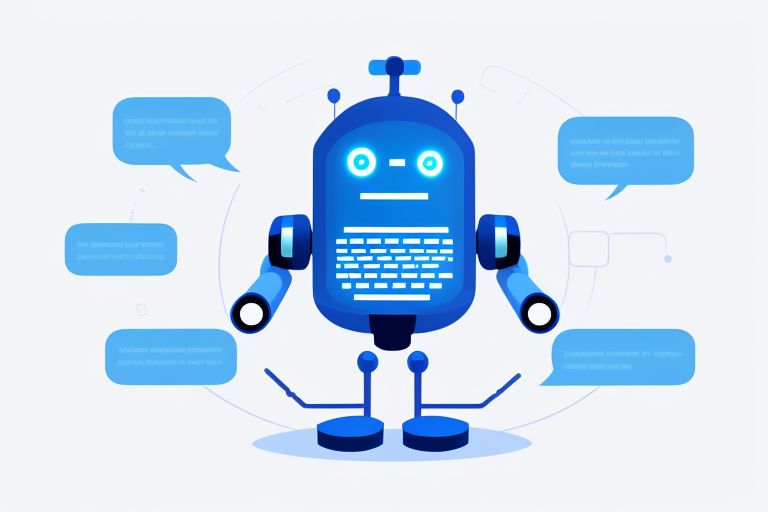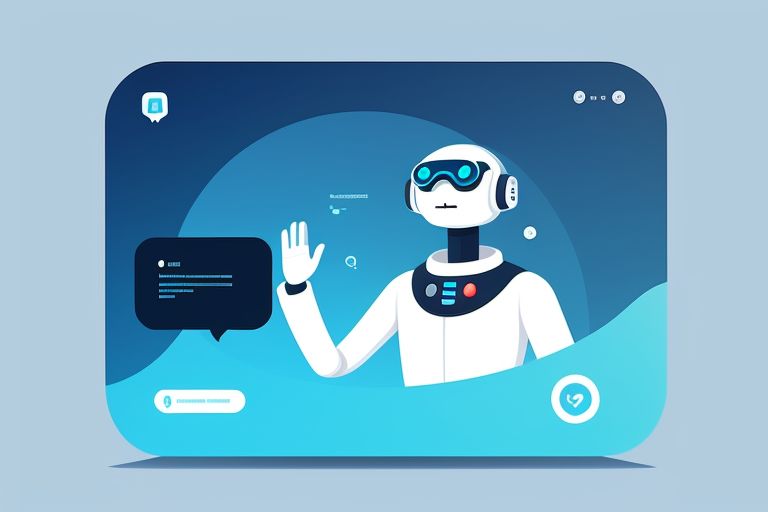If you've interacted with a decent AI chatbot, you've probably noticed that it exudes a certain level of cognitive intelligence – a reflection of human soft skills. This realization initially struck me as amusing as I was poring over chat transcripts with Juji, our chatbot.
During one particular chat, a user inquired about Juji's gender and confessed to having the perilous job of taming tigers without being eaten. In response, Juji noted its lack of being a person and assured the user it would offer help once its capabilities increased. After my laughter subsided, it dawned on me that AI chatbots possess qualities – like humility, transparency, active listening, and the ability to read between the lines – that not only mimic human soft skills but could potentially school us in these areas as well.
Imperfect but Humble
Although flawed, AI chatbots are often designed to maintain a humble tone. They either apologize for any mistakes or confess the absence of certain knowledge. Similarly, leaders who can leave their ego at the door and adopt humility by acknowledging their mistakes and shortcomings can pave the way for a collaborative, empathetic, and harmonious workplace culture.
Transparent Machines
Advocates of AI emphasize the importance of not camouflaging AI as a real person, which often backfires when flaws are noticed, which invariably are, leaving the audience feeling duped. Hence, good AI chatbots are always transparent about their capabilities and limitations. Similarly, if leaders maintain authenticity about their skills, limitations, and are open about their feelings, they can foster an atmosphere of trust, allowing employees to be comfortable being their genuine selves.
The Power of Active Listening
Interestingly, people are more open to machines, especially when divulging sensitive information or brainstorming, because they feel unjudged. Cognitive AI chatbots take this up a notch by actively listening to their users, echoing their sentiments and recognizing their feelings sans judgment. This makes users feel heard and understood. In the same vein, if leaders practice active listening, eschew egos, and direct their focus on comprehending employee's thoughts and feelings, a connection is formed, aiding in more efficient team management.
Reading Between The Lines
Cognitive AI chatbots, much like human psychologists, are equipped to read between the lines by analyzing and inferring a user's implicit needs, interests, and personality traits from their conversation. As the philosopher Cicero opined over 2000 years ago, if one wishes to influence, they must think, feel and speak in the language of the other. Leaders could stand to learn a thing or two from these bot-psychologists when conversing with their employees.
As we stride towards advancing AI technologies, cognitive AI seems to be reflecting our own behaviors by holding up a mirror. Leaders who adopt these humanistic attributes and lead with empathy will go a long way in developing a productive and inclusive workplace. AI and humans, indeed, have a lot to learn from each other.
Note
A version of this post is published as a commentary in Fortune Magzine.




